When deaf mute Singer moves to a small city to be near his only friend confined in a hospital, he grows attached to his landlady's sensitive 16-year-old daughter.
The Heart Is a Lonely Hunter (1968) Online
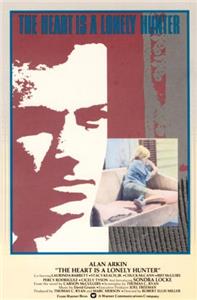
Sentimental story centers around a deaf-mute, Singer, and Mick, a teenager who lives in the house where he rents a room. Mick and Singer become friends, though they are separated by Singer's lack of communication ability and Mick's struggle with teenage problems. The lives of the people Singer touches are varied, linked only by their friendship with Singer. His friends include a deaf-mute, a drunk, and a doctor. Singer does his best to help those around him solve their problems, but who is there to help him solve his own?
| Cast overview, first billed only: | |||
| Alan Arkin | - | John Singer | |
| Chuck McCann | - | Antonapoulos | |
| Peter Mamakos | - | Spirmonedes | |
| John O'Leary | - | Beaudine | |
| Sondra Locke | - | Margaret 'Mick' Kelly | |
| Biff McGuire | - | Mr. Kelly | |
| Jackie Marlowe | - | Bubber | |
| Laurinda Barrett | - | Mrs. Kelly | |
| Robbie Barnes | - | Ralph | |
| Wayne Smith | - | Harry | |
| Richard Fingar | - | Sucker | |
| Sherri Vise | - | Delores | |
| Gavin Paulin | - | Spareribs | |
| Percy Rodrigues | - | Dr. Copeland (as Percy Rodriguez) | |
| Cicely Tyson | - | Portia |
To conceal her age - ostensibly in a bid to muddy the backwaters of her early life - Sondra Locke changed her birth year more times than such notorieties as Joan Crawford, Mae West or Zsa Zsa Gabor. When Heart was being made in 1967, the actress (born Sandra Smith in May 1944) was 23 years old, but an international press release said she was 17. Nashville newspaper The Tennessean called her out on the lie almost right away, but it took decades for syndicated publications to catch on. At the time of the movie's 1968 premiere, Locke claimed to be 21 but was in fact 24. While promoting Atstumtasis Džosis Veilsas (1976) eight years later, the then 32-year-old gave her age as 20. Various news outlets wrongly reported Locke as being 29 in 1978 (when she was 34); 26 in 1979 (35 then); and 30 in 1980 (actually 36). Her real age was finally confirmed by her maternal half-brother, Donald Locke, in an exclusive interview with The Tennessean in 1989. Sondra Locke was 45 in 1989, but her publicist claimed 42. Locke never came clean about her age, even lying about it in her autobiography. In a 2015 podcast interview, the 71-year-old former star said that she "was just graduating high school" when she started work on this film. Locke graduated high school in May 1962 at age 18 - more than five years before she was cast in The Heart Is a Lonely Hunter.
Unable to find white suits large enough to fit Chuck McCann, costumers had him wear old suits previously worn by studio character actor Sydney Greenstreet.
Percy Rodrigues plays Cicely Tyson's father, but is only six years older than Tyson.
Appearing at the foot of the main street of Singer's new city (actually Broad Street in Selma, Alabama, USA), is the Edmund Pettus Bridge, made famous by a series of voting rights marches in 1965 in which marchers attempted to cross the bridge on the way from Selma to Montgomery. The violent reaction at the bridge to the peaceful march made national headlines. The movie was filmed here only about two years after this event.
Laurinda Barrett, who played Sondra Locke's mother is in reality only twelve and a half years older.
Sondra Locke's film debut.
Montgomery Clift was approached to play Singer (Alan Arkin's character) in an early 1960s version that never got off the ground.
Mary Badham tested unsuccessfully for the role of Mick.
Former Warner contractee Andrew Duggan narrates the trailer and Sondra Locke reads some passages from the original novel not found in the movie.
George Peppard was sent the script by Warner Bros. but his agent talked him out of it, telling him that the part of Singer, a deaf mute, was too weak and "might be a homosexual."
In the movie, Mick is said to be 2 years younger than Harry. In reality, Sondra Locke was 5 years older than Wayne Smith.
Features Sondra Locke's only Oscar nominated performance.
Comedian Jackie Vernon was initially cast in role ultimately played by Chuck McCann.
Film debut of Chuck McCann.
As of 2018, the only Oscar nominated performance by Alan Arkin in a non-Best Picture nominated film.
Actress Bonnie Bedelia confided to the 8 October 1967 Los Angeles Times that "they decided I was too old" when she auditioned for the same part as Sondra Locke. As it turned out, Bedelia was four years younger than Locke, who had lied about her age.
Principal photography commenced September 19, 1967 and wrapped mid-December.
Joseph Strick dropped out of the film as director early in the production and was replaced by Robert Ellis Miller.
In 1961 when Ely Landau was planning to produce with Montgomery Clift, Sidney Lumet would have directed.
Tuesday Weld was considered to play Mick.
The "J" on Singer's tombstone stands for John.
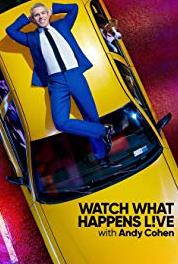
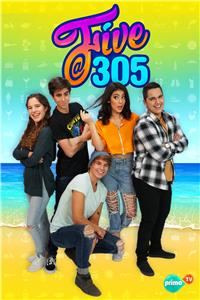

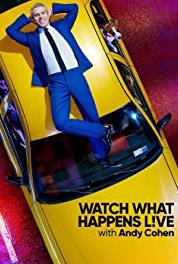
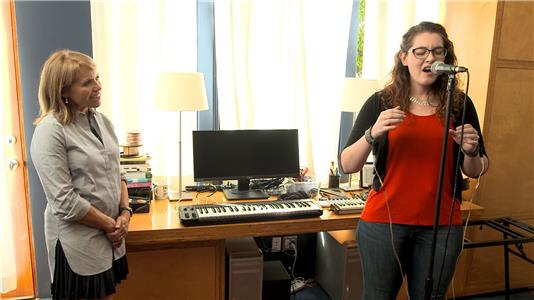
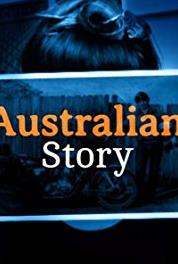


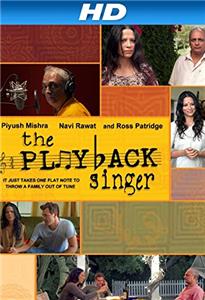

User reviews